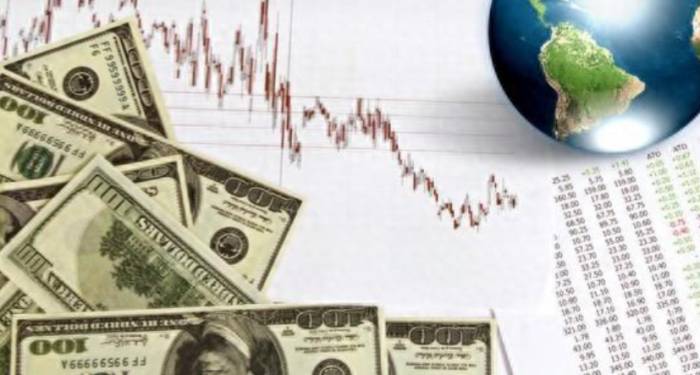Tesla Shares Plunge 11.6%, Chip Shortage Hits US Tech Economy
On Thursday (early morning of January 28th Beijing time), Tesla, the champion of stock trading volume in the US market, plummeted by 11.6% with a transaction volume of $41.4 billion.
The company's reported revenue and EPS both exceeded expectations, but warned that supply chain constraints would persist throughout the year, and stated that no new models would be launched this year.
This indicates that Tesla's stock price decline is mainly due to external macro factors.
Recently, not only has Tesla's stock fallen, but the entire technology sector has also experienced a significant correction.
The main reason is the shift in the US monetary policy environment from a previously loose stance to a hawkish tightening.
The just-concluded Federal Reserve monetary meeting has sent out a more hawkish signal.
A rate hike in March is highly probable, and four rate hikes this year seem certain.
The plan to end the bond purchase program in March is ruthless, as it drains liquidity from the market.
In a nutshell, monetary tightening is about withdrawing liquidity from the market, and technology companies, which rely the most on financing, suffer the most.
Advertisement
The Fed's expectation of tightening has pushed the yield on the US 10-year Treasury bonds to a high of 1.9% (only 1.5% at the beginning of the month).
This has significantly increased the financing costs for technology stocks, exerting the greatest pressure on them.
Tesla, of course, is not immune.
From an internal perspective, Tesla released a stronger-than-expected Q4 financial report.
However, Tesla warned that the company would also be constrained by the supply chain shortages that have led to declining sales for other automakers.
As the supply chain becomes the main limiting factor, Tesla's own factories have been operating below capacity for several quarters in a row, which is likely to continue into 2022.
Labor shortages, limited materials, and component supply constraints have hindered the continuous growth of the business.
Musk stated that no new models will be produced in 2022 due to the chip shortage.
The chip shortage is a global issue, with the US being particularly affected.
The chip shortage affects many industries, with three being directly impacted: the automotive industry, the smartphone industry, and the medical device manufacturing sector.
The US is known as a country on wheels, highlighting the importance of the automotive industry to the US.
After the traditional giants like General Motors, Ford, and Chrysler were overshadowed by Japanese and European competition, Musk's Tesla electric vehicles made a dazzling appearance, pulling the US back to the forefront of the new energy vehicle sector.
If the chip shortage continues, it will pose a significant threat to Tesla's electric vehicle production capacity.
Musk expressed extreme concern last year.
The chip shortage is difficult to alleviate, and the US government is more anxious than anyone else.
Recently, the US Congress and government have recognized the significant impact of the chip shortage on the US tech economy and are currently working to resolve the chip shortage despite all difficulties.
On Wednesday (January 26th) local time, the US House of Representatives published the America COMPETES Act of 2022, which is a whopping 2912 pages long.
The bill, also known as the "chip bill," includes $52 billion in chip investment, directly targeting China.

In a statement released by the White House, Biden said that the America COMPETES Act will help bring manufacturing back and resolve the supply chain bottlenecks in the semiconductor industry.
Shortly after the bill was published, Biden also boasted that the bill will strengthen the US supply chain, revitalize American manufacturing, and allow the US to outperform China and the rest of the world for decades to come.
These factors may be temporary, and it is certain that Tesla's stock price will rise after the entire economy recovers and the supply chain issues are resolved.
At the same time, once the Fed's rate hike is a done deal, the bearish factors have been largely digested during the waiting period.
The impact on technology stocks is also phased.
Your email address will not be published.Required fields are marked *
Join 70,000 subscribers!
By signing up, you agree to our Privacy Policy